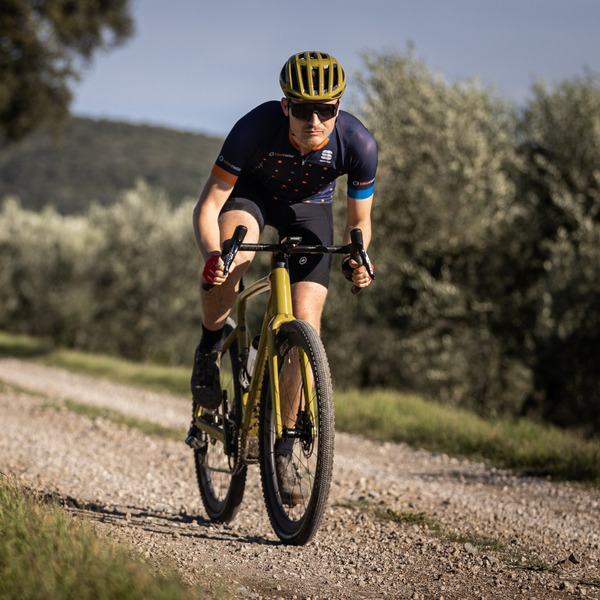Bikepacking and audax rides have been my key cycling focuses in 2023.
My riding highlight of the year was, without doubt, bikepacking The Pictish Trail, a 750km off-road route from Dunnet Head (the most northerly point of the UK mainland) to Edinburgh.
The route is incredibly varied and the uninterrupted off-road trails through the Flow Country and Cairngorms will be forever seared in my memory. Bristol’s gravel networks just don’t compare.
Another (rather silly) highlight was conquering the Paddington Express audax. This was my longest ride to date at 420km and boy, did my body know about it at the end.
Roll on 2024, when I plan to combine my bikepacking and audax skills in some ultra-endurance races.
On the site, my content highlights included a trio of articles covering the launch of Campagnolo Super Record Wireless, as well as attending the Pinarello Dogma X launch. Oh, and getting to wax lyrical about the latest workshop releases in my ongoing Torque About Tools series of course.
Anyway without further ado, from two wet-weather jackets to a five-star set of gravel bike tyres, here are my 2023 Gear of the Year tech picks.
Castelli Alpha Ultimate Insulated Jacket
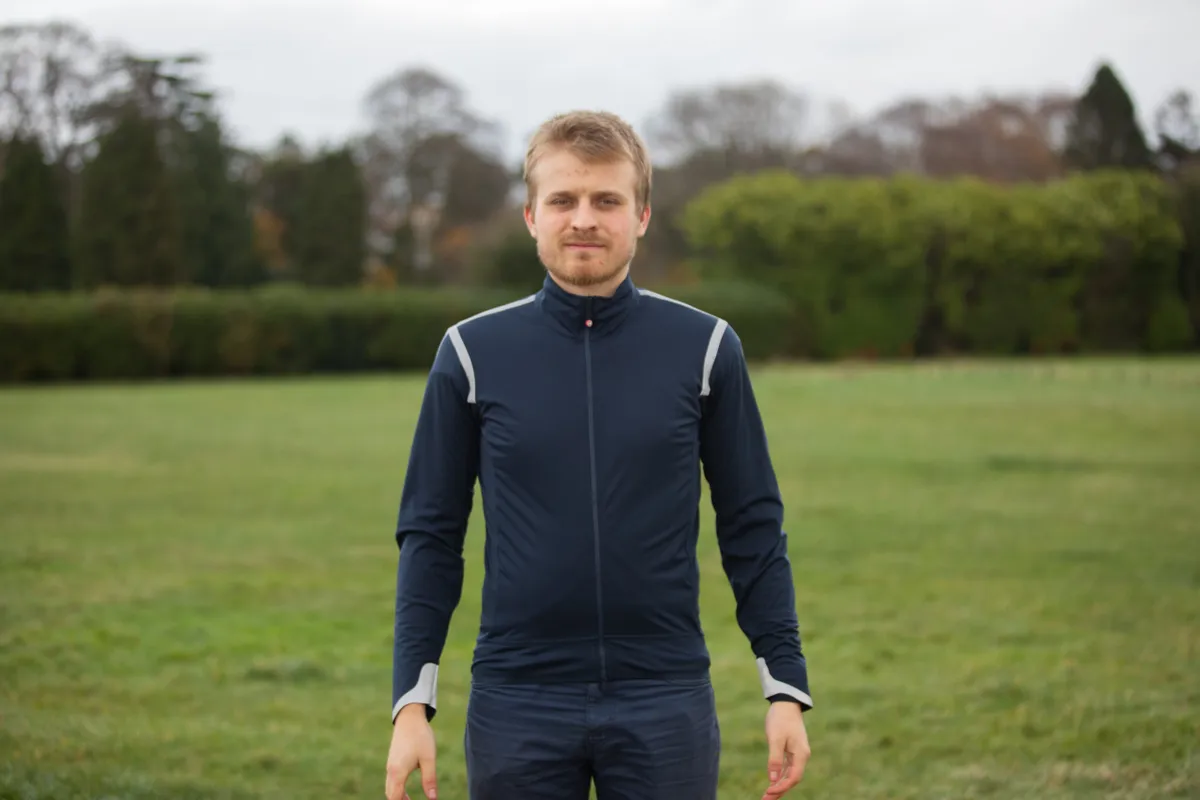
- £380 / $449.99 / €349.95 / AU$600
Castelli’s Alpha series jackets are more heavily insulated than its revered Perfetto range (which replaced the Gabba), making them ideal for deepest, darkest winter.
Targeting a wide temperature spectrum from -5°C to 12°C, the Alpha Ultimate ditches the Gore-Tex materials found on the Alpha RoS 2 (which I also own and highly rate) and Alpha RoS Light 2 models.
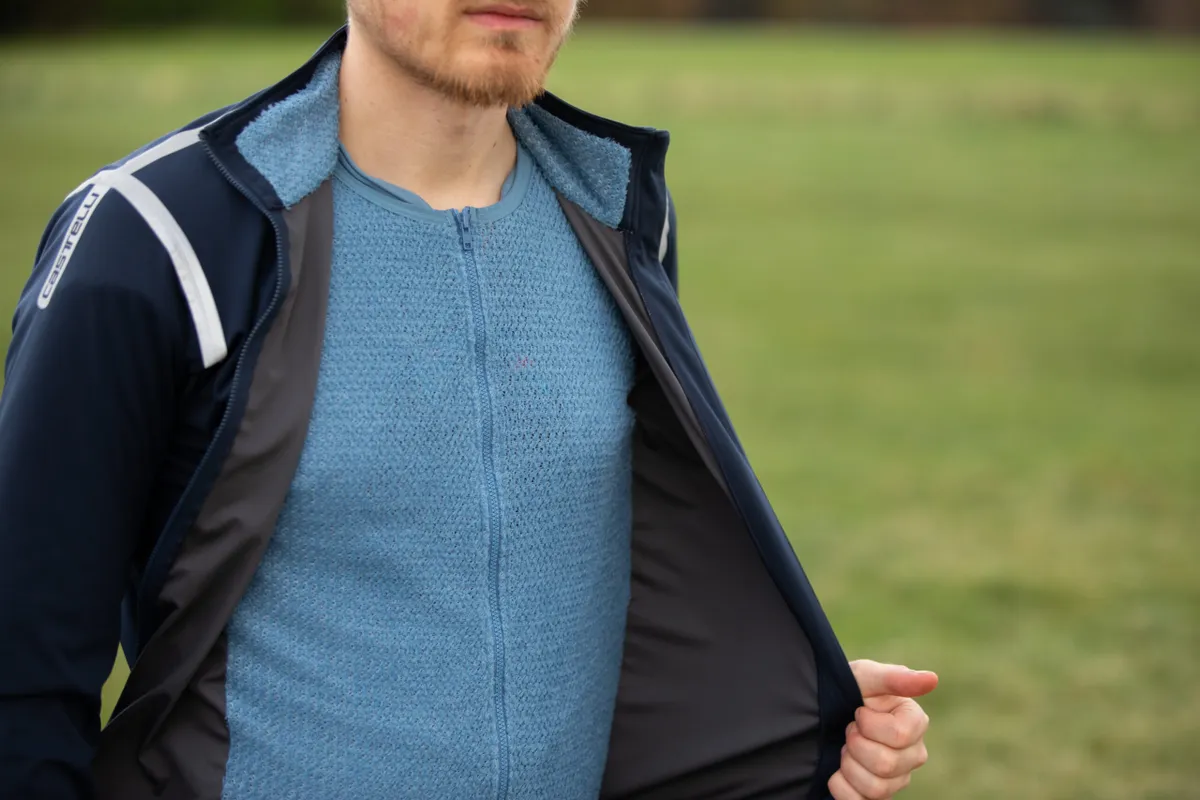
A Polartec NeoShell outer layer is instead paired with an integrated, internal Alpha layer.
I used this jacket on pretty much every ride last winter and found it to be the rare performer that actually achieves the holy trinity of being waterproof, windproof and breathable.
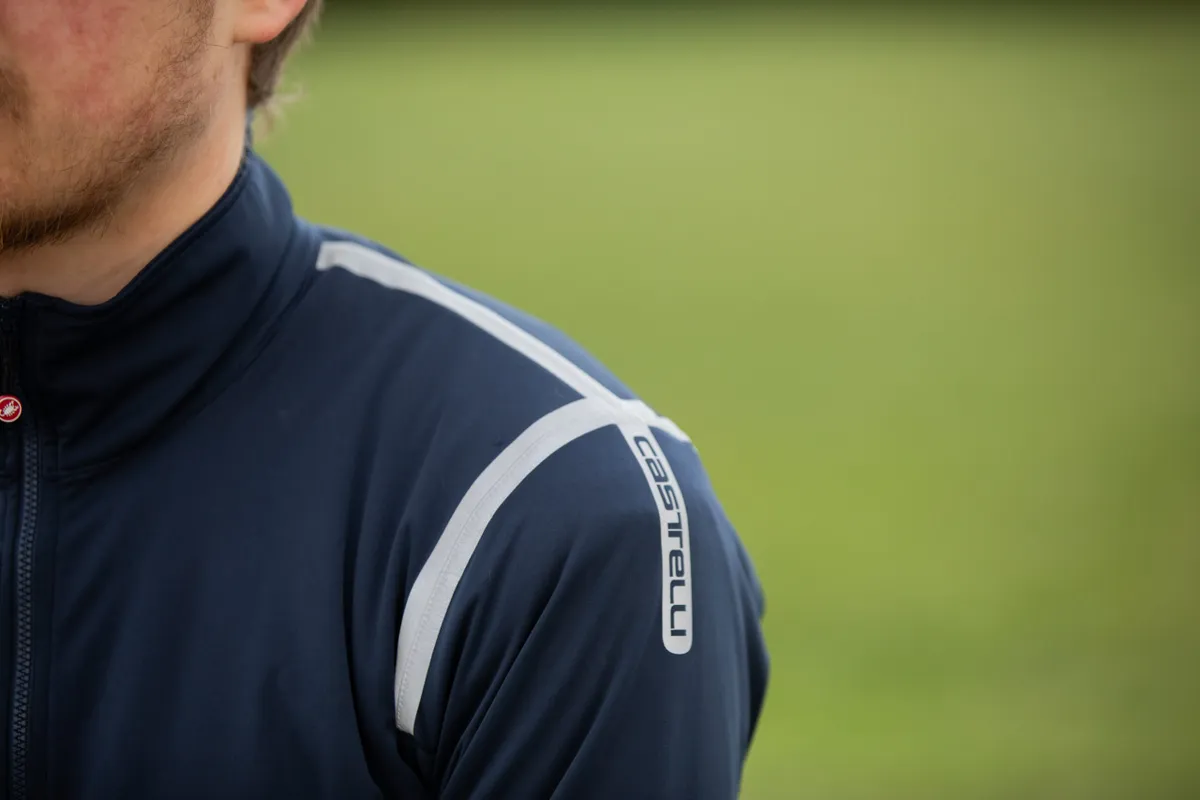
It’s the first winter cycling jacket I have ever owned where I don’t feel akin to the Tin Man from The Wizard of Oz, thanks to its low 371g weight (size large).
Although punchy at £380 / $449.99, this jacket saves the need to invest in multiple layers. I’m happy to wear it, paired with a short-sleeve baselayer down to 4°C and a long-sleeve variant for anything more Arctic.
Judging by my Castelli Gabba 2 or aforementioned Alpha RoS 2 jacket, I’m confident the Alpha Ultimate will last for years to come.
Patagonia Dirt Roamer Storm Jacket
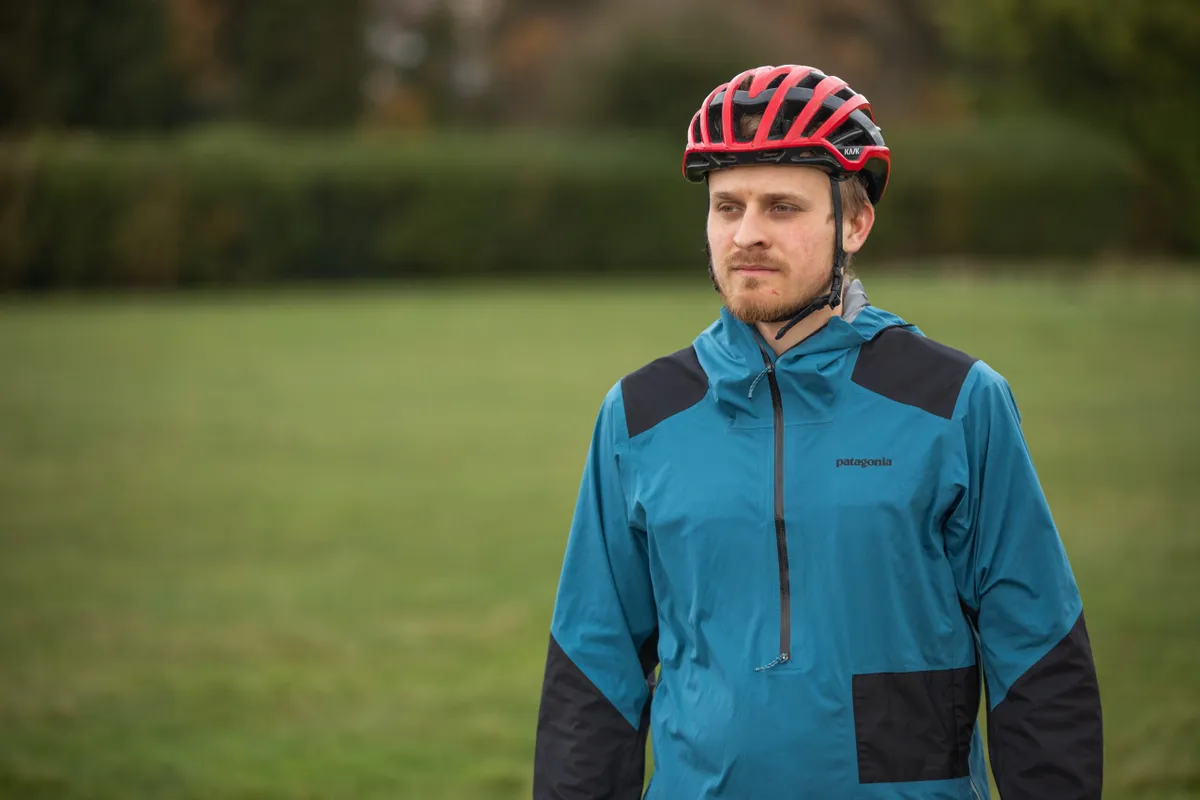
- £290 / $480 / €320 / AU$480
Patagonia expanded its mountain bike collection in late 2022 and as a fan of the Dirt Roamer jacket (which was awarded a full five stars), I was eager to try the Dirt Roamer Storm.
The Dirt Roamer Storm is a lightweight, fully waterproof and breathable jacket made from recycled fabric. Waterproof protection comes courtesy of Patagonia’s own three-layer stretch H2No shell with abrasion-resistant panels on the shoulders, forearms and rear tail.
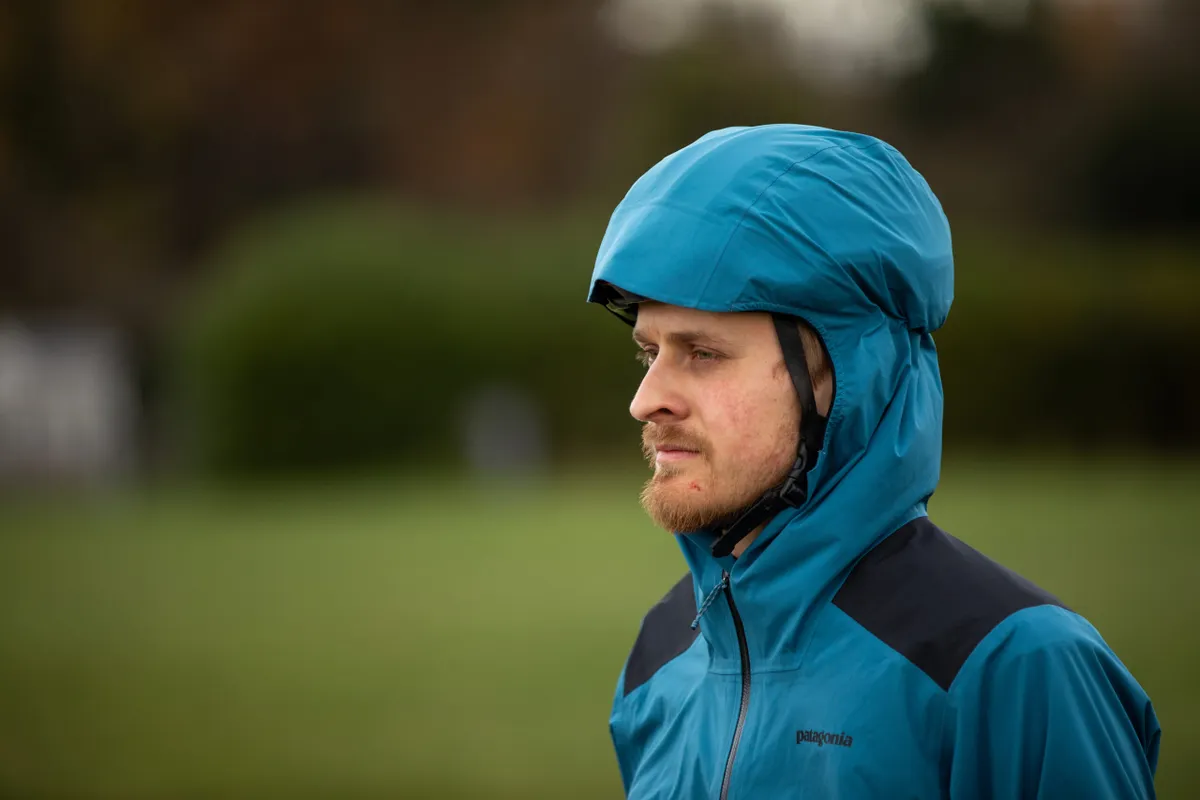
The mountain bike jacket relies on a pullover style with a three-quarter length zip. There are underarm side zips for extra ventilation, which also ease fitting the large hood over a helmet.
I extensively relied on this jacket during my Pictish Trail trip. It rained every day and I quickly got used to putting the jacket on, only to then remove it five minutes later and then put it back on again.
Unfortunately, the jacket ejected out of the webbing of the bikepacking seat pack during the final day on a testing descent and got caught in the disc brake rotor.
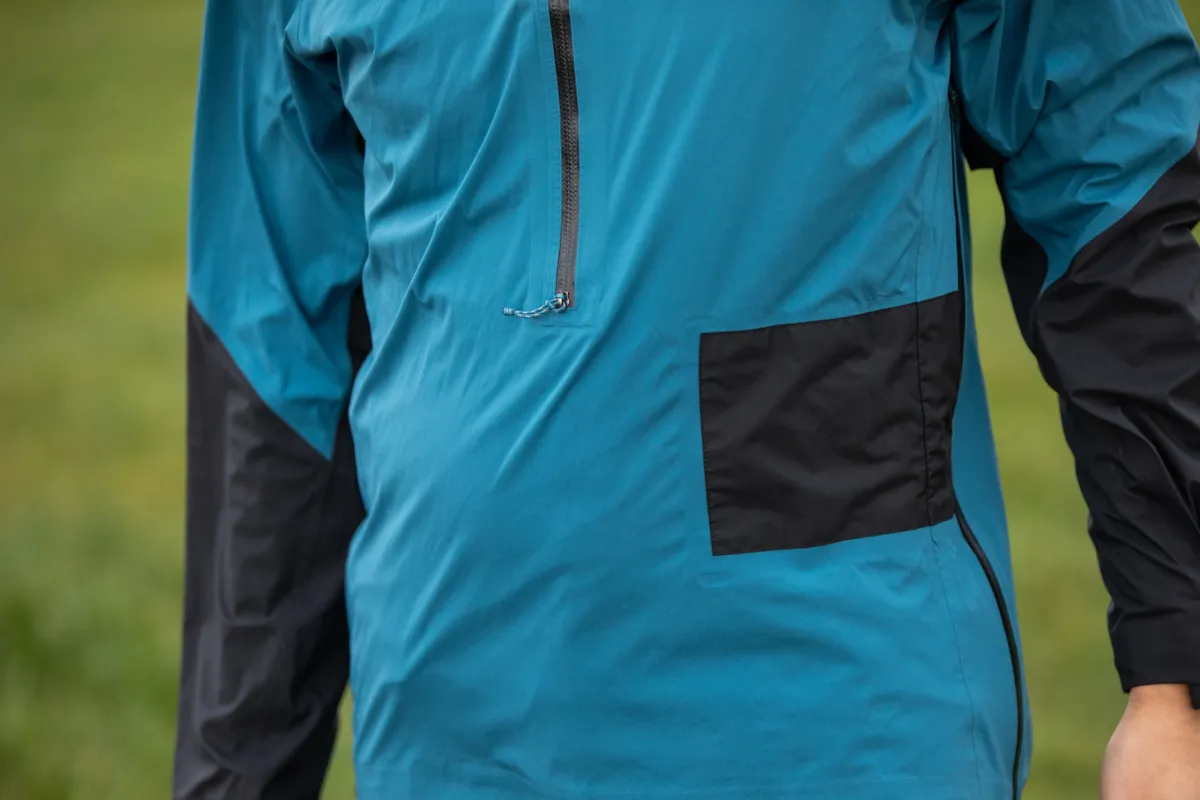
I got to test out Patagonia’s revered repair service after my trip and the brand did an excellent job.
I’ve even used the jacket casually and it proved just the ticket for the atmospheric cloud forests on a Costa Rican holiday.
Pirelli Cinturato Gravel RC
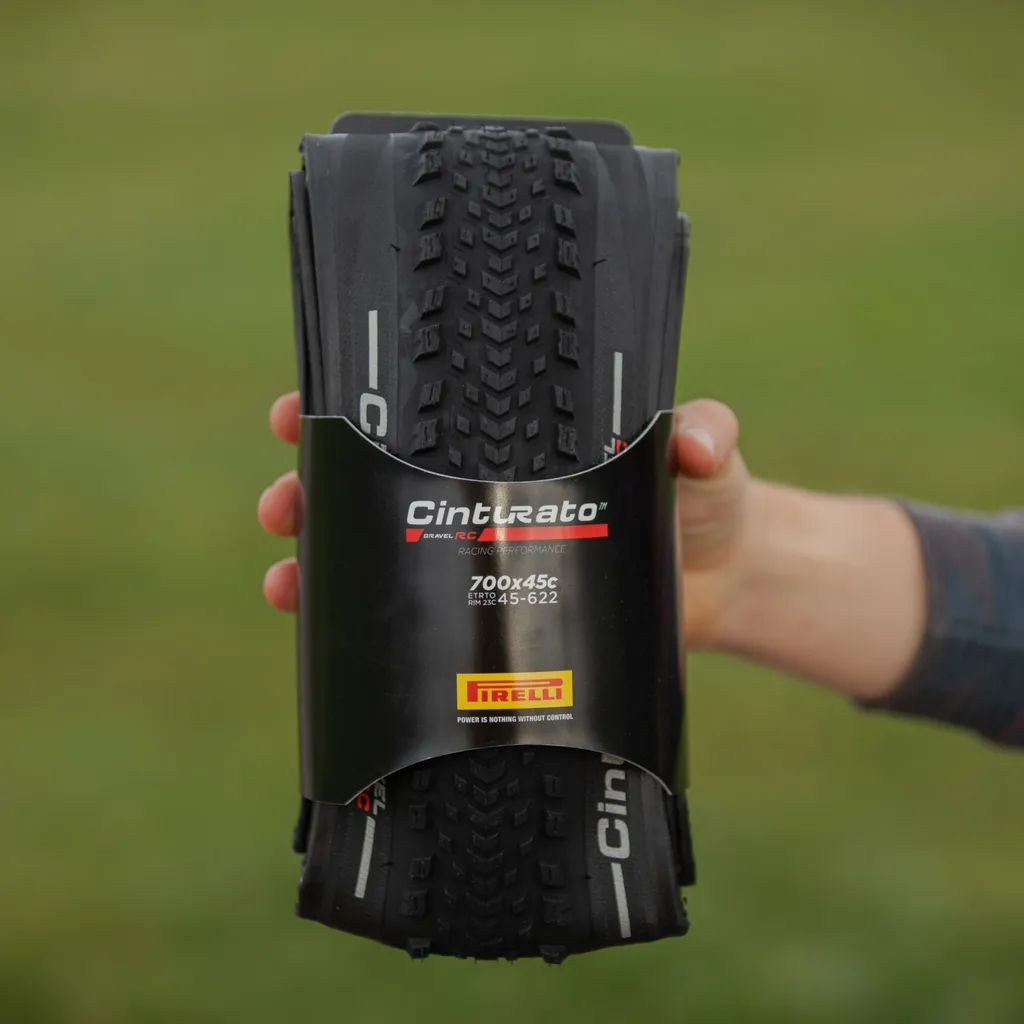
- £60.99 / $84.90 / €69.90 / AU$120.90
Moving away from dreary winter products, Pirelli’s Cinturato Gravel RC is the brand’s tyre option for gravel racing, designed for maximum speed with puncture resistance on hard and mixed terrain.
Based on the marketing, myself and senior technical editor Ashley Quinlan made a call for me to put off testing these until the weather perked up (which in the ever-temporal UK meant waiting until June).
Pirelli is doing itself a disservice by marketing these as race-day only tyres because I’ve found them to perform exceptionally in all conditions, short of mud.
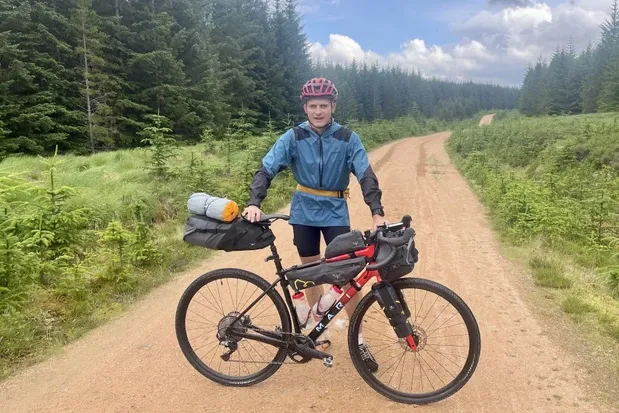
The tyres were top performers on the Pictish Trail, dispatching all surfaces with ease. I was particularly impressed by their performance on sections of The Flow Country and the Cairngorms during the route, which were littered with sharp stones just waiting to pierce rubber.
The tread pattern is an excellent design, shedding dirt and debris easily, and it finds a perfect balance between suppleness and grip.
I continued to use them throughout the summer and into late autumn. I was so impressed with them I used another set as a control tyre when testing the Trek Checkpoint ALR 5 Driftless.
In my (almost) two years at BikeRadar, this is the first product I have bestowed a 5-star rating.
Sidi Dust MTB shoes
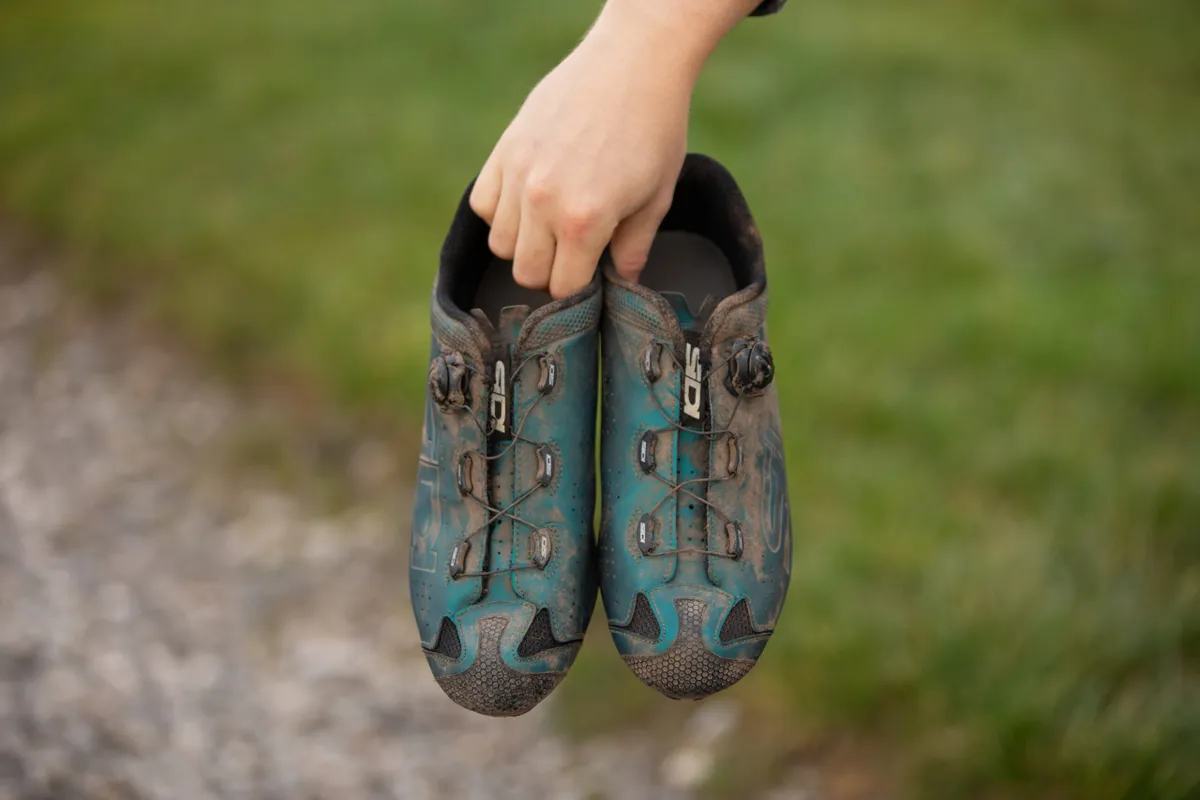
- £260 / $324.99 / €290
Sidi’s Dust MTBs are gravel and mountain bike shoes and despite their high £260 asking price, use a nylon MTB SR17 sole.
I was intrigued by this decision before I started testing the shoes, with Sidi claiming the nylon sole “represents the ultimate result in terms of pedalling stiffness and flexion for walking”.
The brand further explained it wanted the shoes to be comfortable for walking in inevitable hike-a-bike moments, as well as for downcountry, where earth-shattering stiffness isn’t critical.
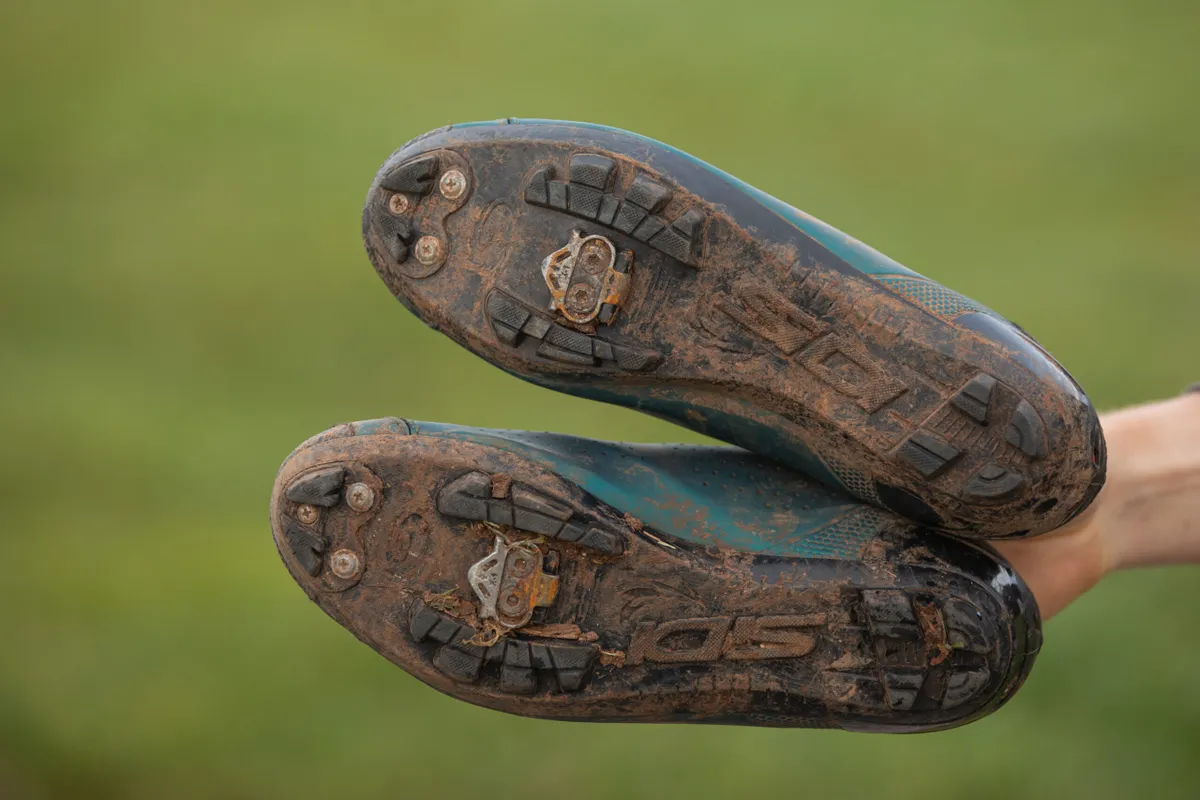
I came away very impressed by the Dust MTBs' performance across all disciplines and ride lengths and really appreciated their comfort, roomy toebox and excellent ventilation.
There are some flaws though – they’re pricey, the single Tecno-3 dial that closes the shoe is a mistake and although I haven’t experienced any slippage, the heel cup could do with being a hair tighter.
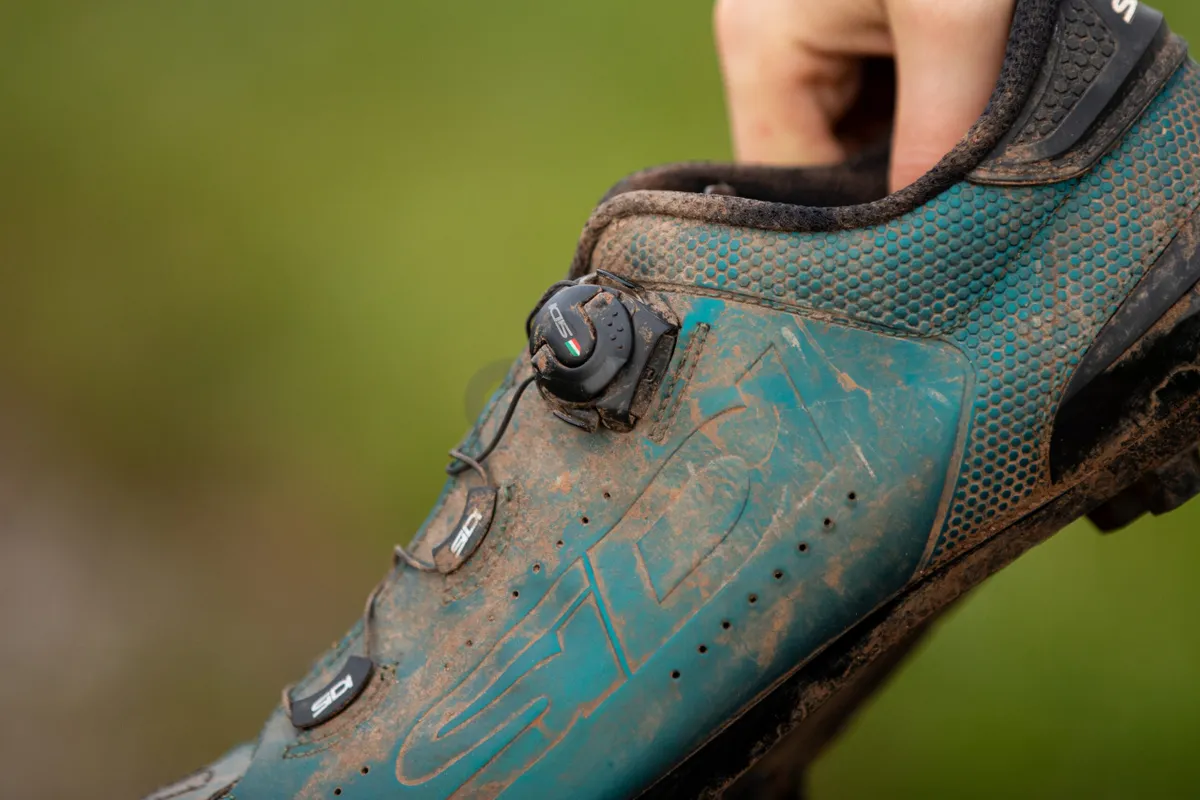
Yet, despite their cons, they’re shoes I keep coming back to because I know I can rely on them for my long-distance escapades.
I’m intrigued by the Dust Shoelace that was announced at Eurobike. In theory, a lace design might translate to further improved comfort because they offer infinite adjustability.
Silca Terra pump
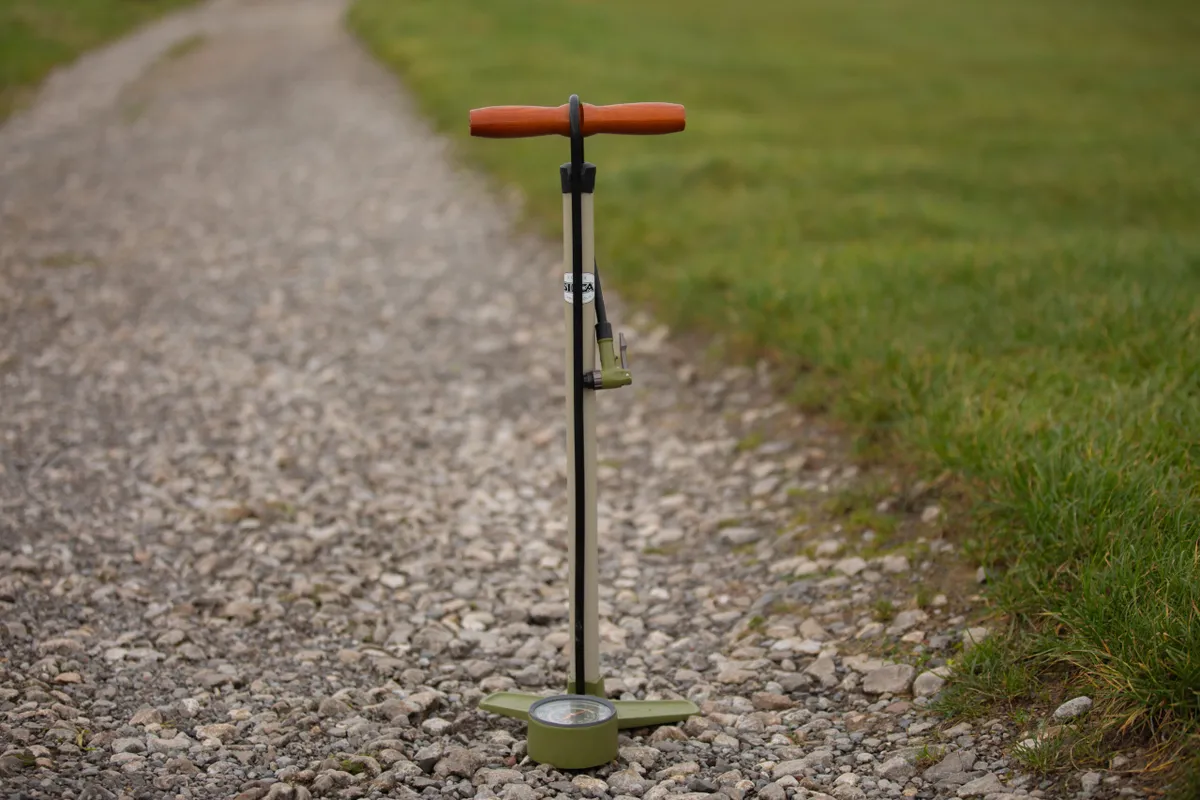
- £180 / $145 / €170
On release, Silca dubbed its Terra pump “the first high volume, low-pressure specific pump for larger volume tyres”. That essentially means it’s optimised for gravel and mountain bike tyres.
The pump sports a non-linear gauge, with the first 30psi shown in 0.5psi increments so you can really dial in your tyre pressure. The rest of the gauge is portrayed in 2psi increments up to 120psi.
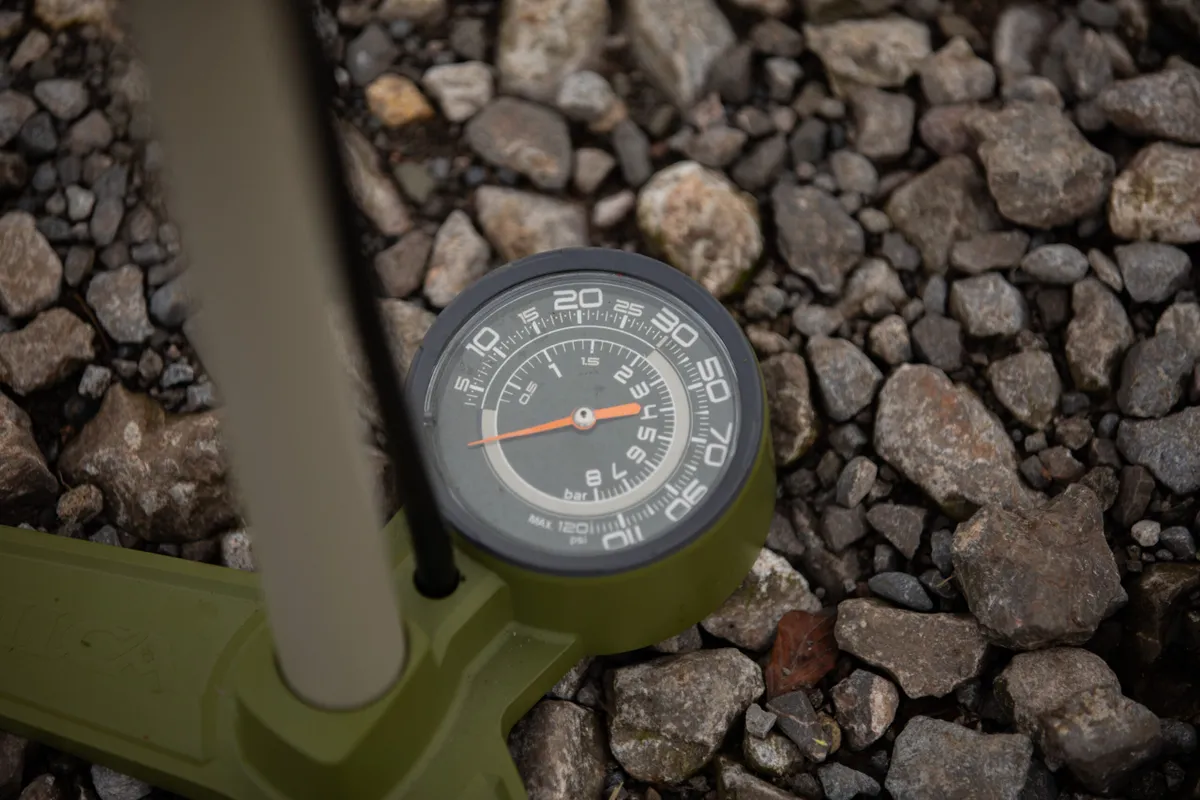
I’ve found this really useful when dialling in the pressures of various mountain and gravel bikes I’ve tested this year, as well as standalone tyre reviews. The gauge is clear and easy to read, and I’ve happily used it for my road bikes too.
Outside of the innovative gauge, there are lots of other impressive details, as you would expect from the premium brand.
The Terra uses an all-metal construction, with the sturdy aluminium base and barrel paired with a luxurious, hand-lathed ash-wood handle.
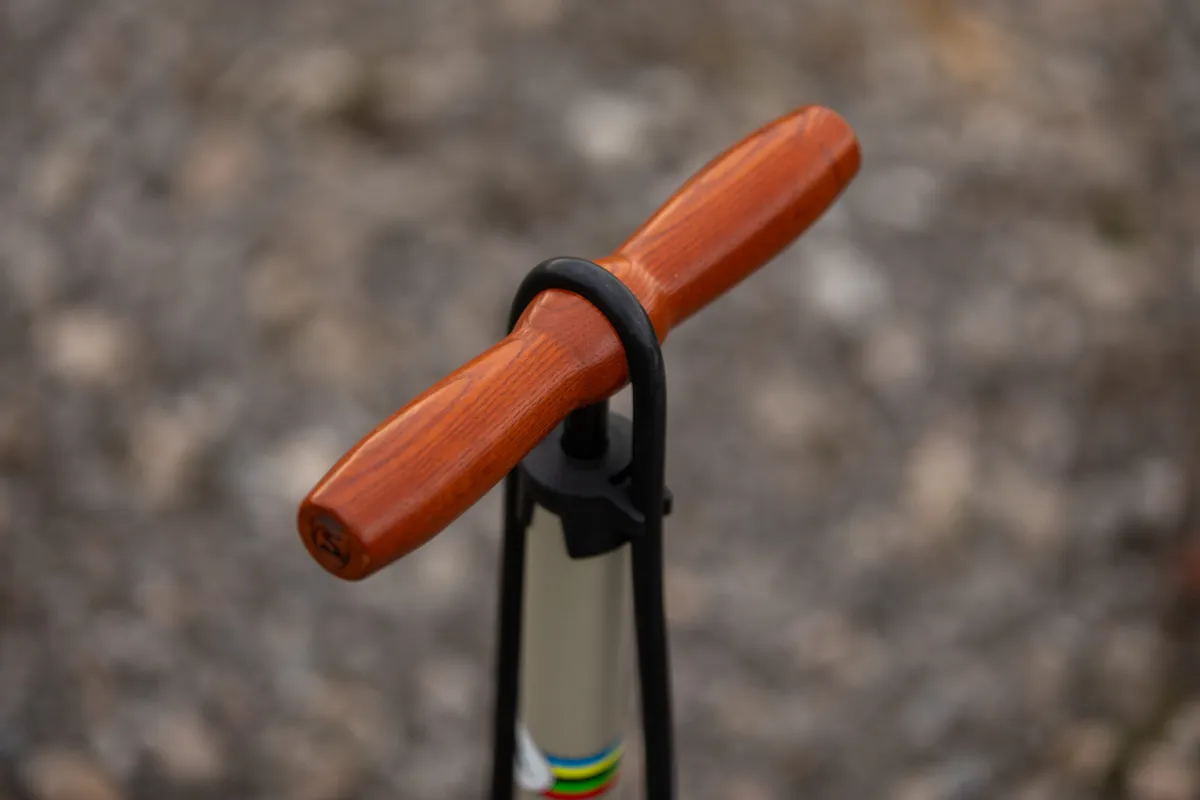
The handle incorporates a hose guide, with Silca’s lever-operated chuck attached to its end.
The full-metal chuck design is based on the brand’s Tattico mini-pump line (which I also highly rate) and is compatible with Dunlop, Presta and Schrader valves. There’s even a bleed button to make minor pressure adjustments.
Tubolito S-Tubo inner tubes
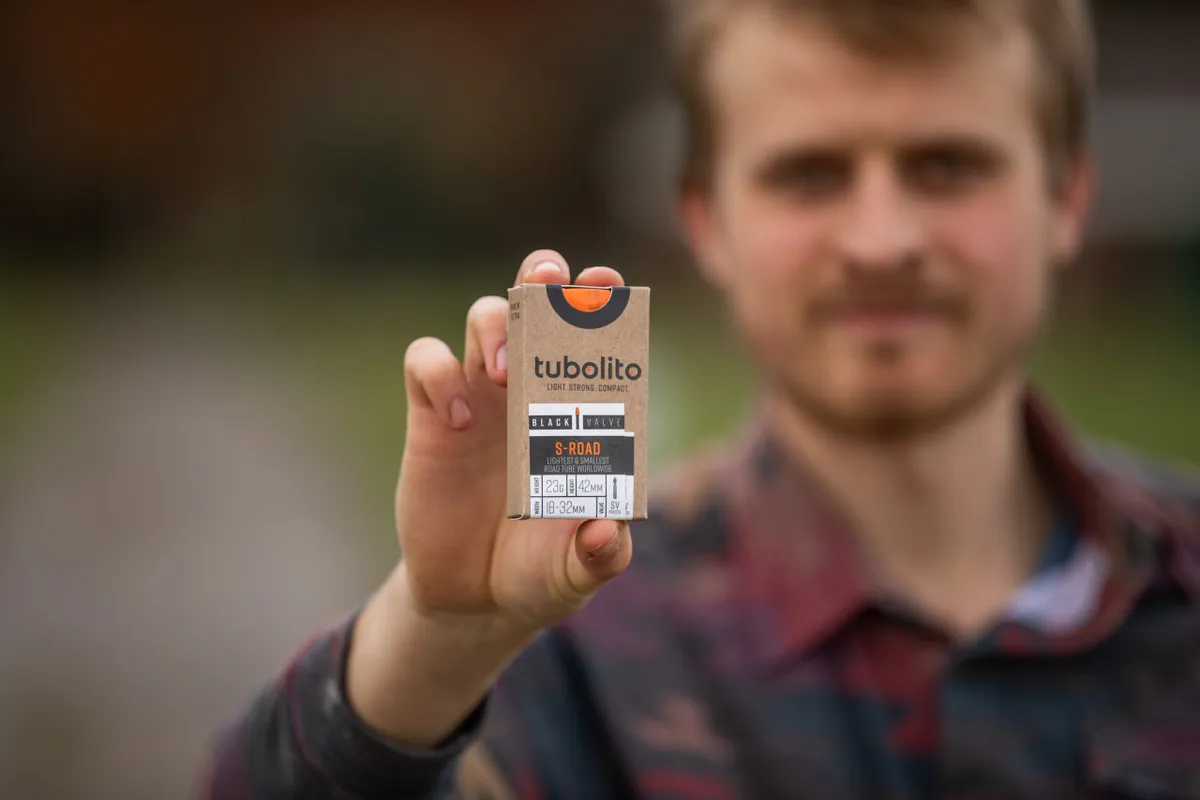
- £29.99 / $37.90 / €34.95
Although I will only ride tubeless tyres on gravel and mountain bikes, I’m yet to be fully sold on the technology for road cycling. This is despite spending last winter and spring exclusively riding tubeless when I reviewed Pirelli’s P Zero sealant.
I’ve long been a stickler for butyl inner tubes, but I’m now a convert to TPU tubes (for the summer at least).
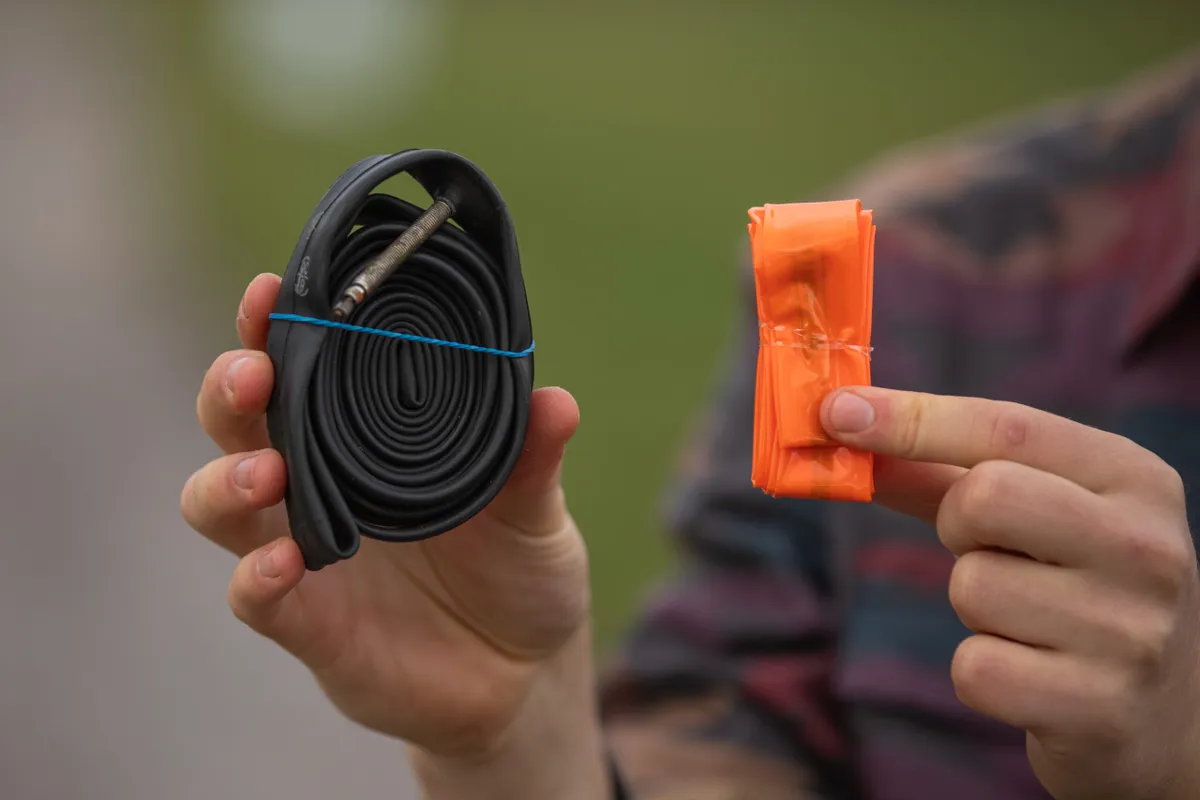
TPU tubes are dramatically lighter and more diminutive in size than their butyl brethren and Tubulito claims a comparable rolling resistance to latex tubes.
Out on the road, I’ve found all that to be true, as well as a surprising compliance benefit.
I also really appreciate how small they are, taking up far less space in my jersey pocket or a bikepacking bag.

Any cons? I’m not sure if they’re the best option for winter with the higher risk of punctures – I managed the feat of a rare double-puncture on a mucky road ride at the start of November – but the fact I was still running a summer tyre could equally be to blame.
For the dryer months at least, colour me converted.
